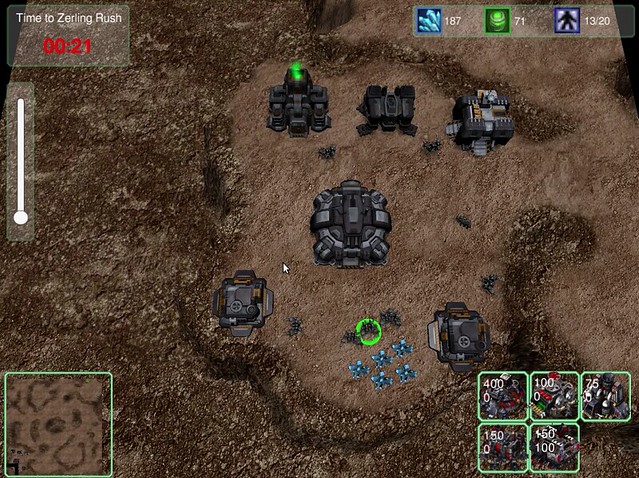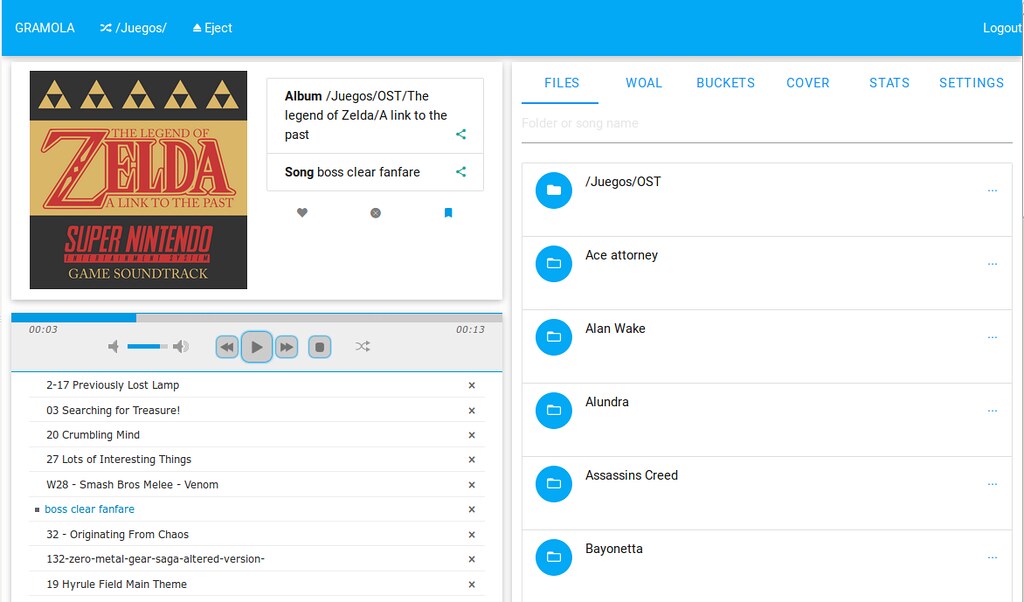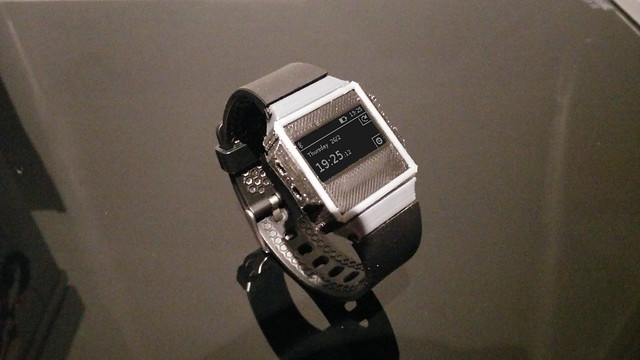CIs are good, as soon as your projects grow, having a continuous integration software that manages all your apps and deployments is really useful. We have been using a self-hosted jenkins instance in our server for a few years already, and we have some interesting things with it.
However, we have always known that jenkins is too heavy, it consumes too much memory and it has a slow interface, as it is written on Java.
So we were really looking for a lightweight self-hosted CI that could run easily on a Raspberry PI, but we couldn’t find any existing solution, so we decided to build our own, and it was easier that we expected.



